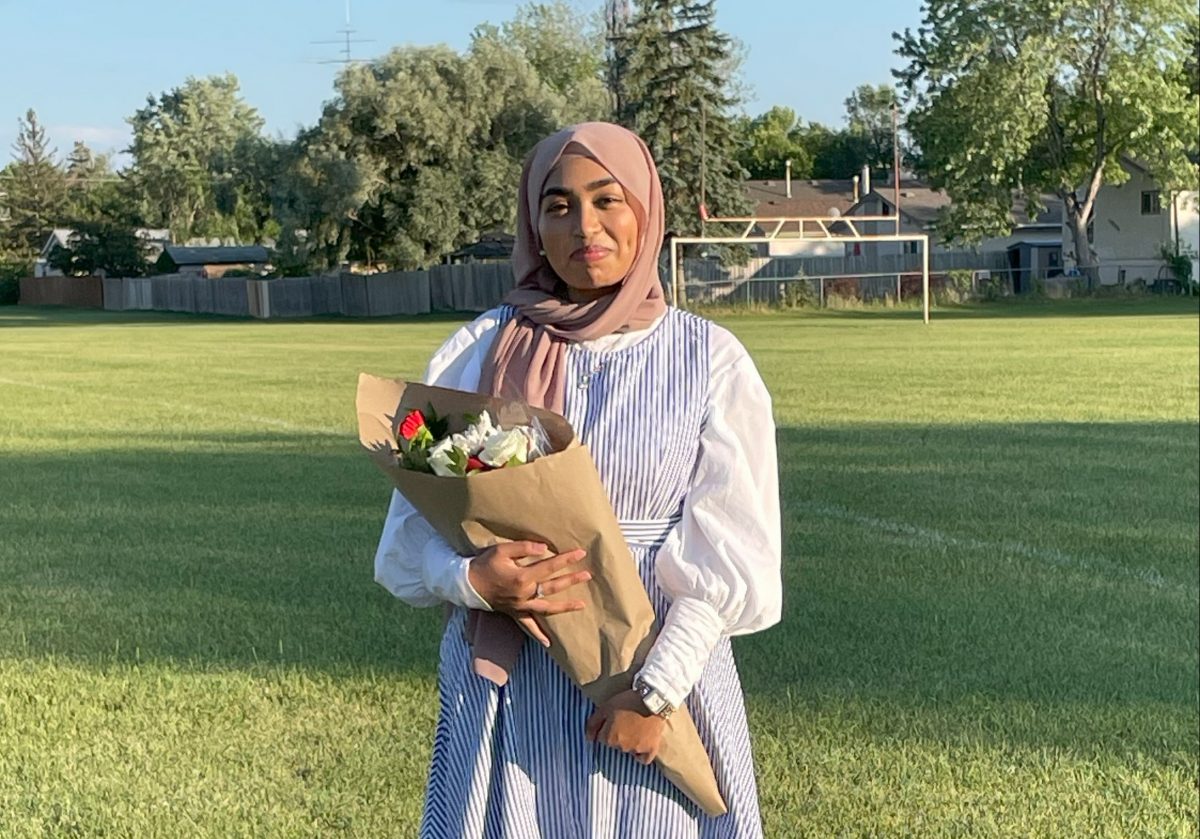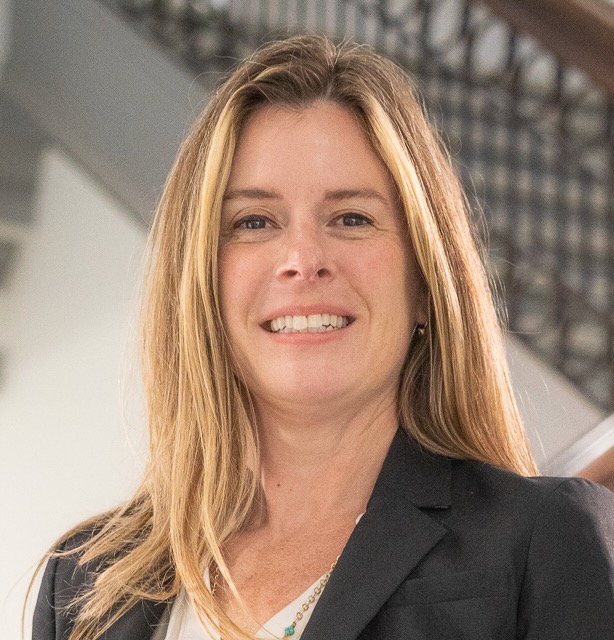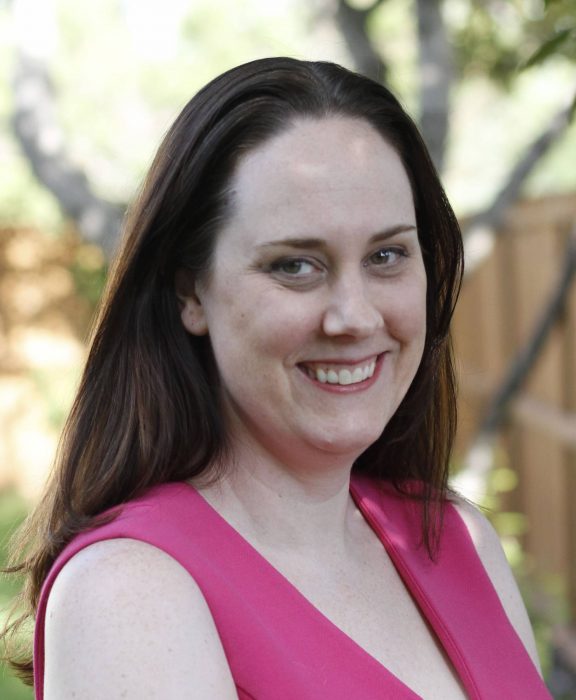
Ifra Shami completed the EDIA: Foundations course.
Connecting and reflecting to make our world a better place
Apply for the next EDIA: Foundations course
For Brandy Usick, participating in the EDIA: Foundations course gave the busy Executive Director of Student Engagement and Success with Student Affairs time to reflect on notions of equity, diversity, inclusion and accessibility (EDIA), and to learn with others from the UM community.
“EDIA goes beyond your job or your studies at UM. It also applies to your place in the world as a parent, sibling, friend, child. How do we make our world a better place?” says Usick.
The EDIA: Foundations course is for the UM Community including UM students, staff, and faculty. Offered by Extended Education in partnership with the Office of Equity Transformation and with the support of the UM President’s Office, it is part of the University of Manitoba’s efforts to improve equity and access across UM campuses, by educating and empowering UM staff, students, and faculty to contribute to individual and collective transformation. The course is the prerequisite for the new EDIA micro-certificate.

Brandy Usick completed the EDIA: Foundations course.
“It’s really about being a better human,” says Usick. “A key activity was drafting my own equity action statement. Now I have that to guide me into the future.”
The course reminded her to respect and celebrate diversity and the inclusion of all. “That’s important for me in my leadership role at UM. I want to ensure I do what I can to create an environment for others to feel welcome, valued and supported.”
Hearing and learning from others with different learned experiences was helpful and she says she looks forward to taking the EDIA program. “It’s always important to reflect on what we are doing in our work. I recommend the course and encourage others to take it.”
Ifra Shami
Ifra Shami learned about the EDIA: Foundations course through her involvement with the Racial Equity and Inclusion Alliance student group at UM and knew she wanted to be a part of it.
“It reflects core values I learned growing up, at home and in school. It’s important because this ties into every aspect of our personal, professional, and academic lives,” says the undergraduate Science student studying microbiology.
Shami describes the course as very fascinating. “We learned about the definitions of equity, diversity, inclusion and accessibility, and how they are all intertwined. The self-reflection activities showed us where we are confident and strong, and where we need to grow.”
One of the biggest things she learned was that there are many kinds of diversity. “Before the course, I understood diversity to mean diversity in visible characteristics. I learned I need to specify the type of diversity because there are also hidden identities.”
Knowing that people can be diverse in more than observable ways encourages her to dig deeper and seek to better understand people, she says. “I love to ask people about themselves. I prefer to listen rather than speak. I love to hear about people’s differences and experiences.”
Her goal is to be a part of making the UM campus a better place. “If we all have this kind of appreciation, it can be a collaborative effort.”
Shami is eager to apply for the new EDIA micro-certificate and deepen her knowledge. “I want to continue to learn. This is a wonderful opportunity.”

Stephanie Chesser completed the EDIA: Foundations course.
Stephanie Chesser
Stephanie Chesser also participated in the first offering of the EDIA: Foundations course.
Chesser, an assistant professor in Kinesiology and Recreation Management, says she learned things she had not expected including new and diverse ways to present ideas. She appreciated the opening exercise, where learners shared a poem created from their answers to questions about themselves in a creative personal introduction. “They shared memories and life moments, and it provided us with awesome snapshots to learn about people in a meaningful way.”
She also loved creating an identity map, presenting herself in a visual way that she could share with others. “I loved the creative opportunities in this course. Many default to the written word. This challenged us to be creative in diverse ways.”
Chesser recommends the experience. “There are always new things to learn, little gems to take with you.”
Most importantly, she says, she created her EDIA statement. She plans to add it to her tenure package, as she continues to move forward in her career.
“It’s beautiful that we live in such a diverse society. It is important to understand subjective experiences and barriers so we can all feel like we belong. We must use power and privilege to chip away at the barriers and create a more equitable campus,” says Chesser.
“As an educator and a parent, I remind others that not everyone experiences the world like you do. See what you can do to create change.”






